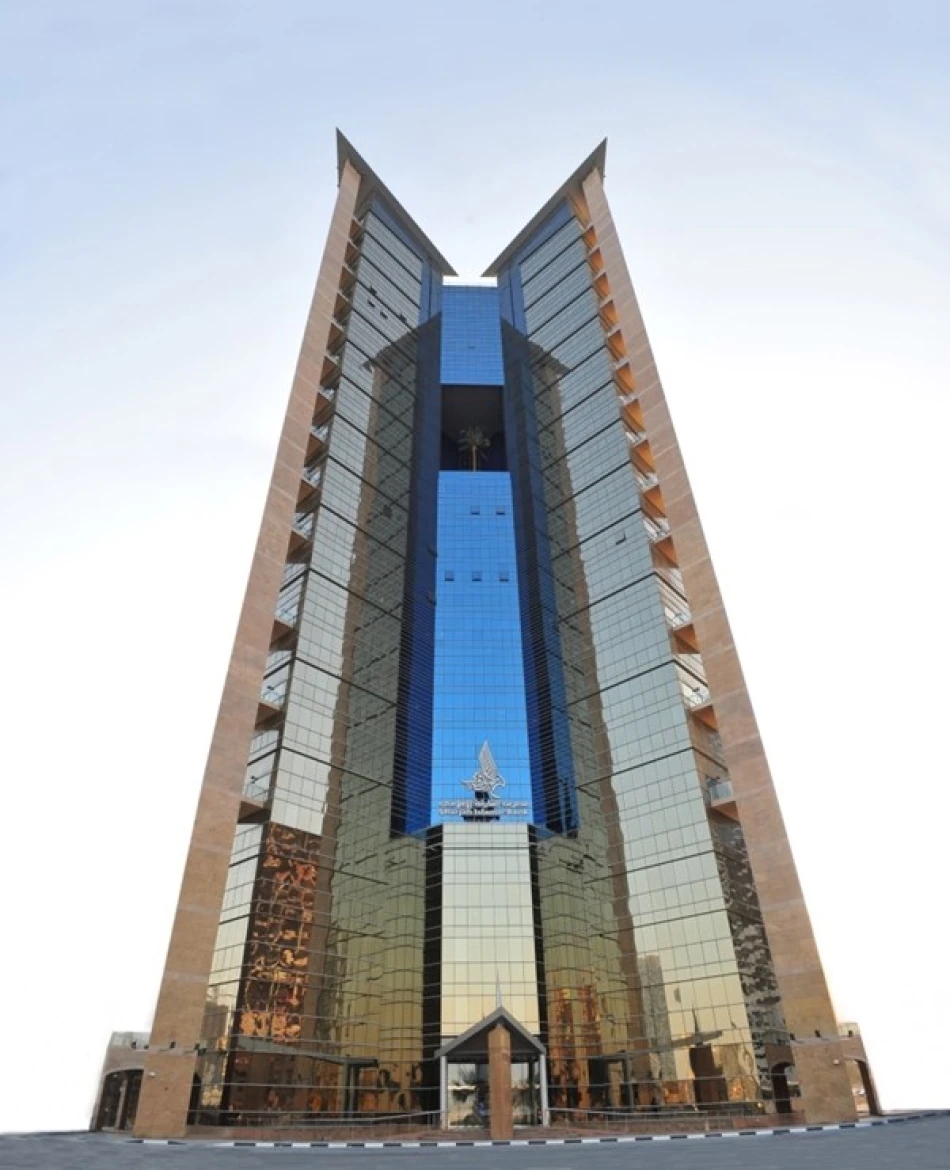
Sharjah Islamic Bank Successfully Sells All Treasury Shares
Sharjah Islamic Bank sold all 167.67 million treasury shares in just a few days, raising significant capital while showing strong investor confidence. The shares represented 5.18% of the bank's total capital and sold quickly after the bank announced solid third-quarter results.
The quick sellout tells us something important about how investors view Islamic banking in the UAE right now. Treasury share sales often happen when banks want to raise capital or when management thinks the stock price is attractive. In this case, the timing right after quarterly results suggests the bank's performance impressed the market.
For investors, this move has several implications. The sale expands the bank's shareholder base, which typically increases trading volume and liquidity. More shares in circulation means easier buying and selling, which institutional investors particularly value.
Muhammad Abdullah, the bank's CEO, said the strong demand reflects investor confidence in the bank's financial strength and growth strategy. He pointed to the positive third-quarter results as proof the bank can deliver good returns to shareholders while strengthening its position in Islamic banking.
The sale fits into the bank's broader plan to grow its market presence both inside and outside the UAE. Islamic banks have been gaining ground in the region as more investors seek Sharia-compliant financial products. The UAE's Islamic banking sector has been particularly active, with several banks expanding their operations and customer base.
This kind of quick treasury share sale usually signals that a bank's fundamentals look solid to the market. When investors snap up large blocks of shares immediately after earnings announcements, it often means the financial results exceeded expectations or showed strong momentum.
The move also gives Sharjah Islamic Bank more flexibility for future growth initiatives. The capital raised from the share sale can fund expansion, new products, or strategic investments without taking on additional debt.
Most Viewed News

 Layla Al Mansoori
Layla Al Mansoori






